“This mystery is appropriately Chinese: what’s not there seems to have just as much as meaning as what is there.”
|
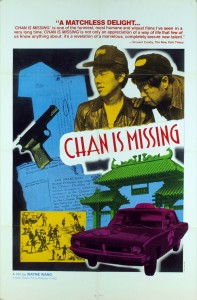
Synopsis:
Two taxi drivers — middle-aged Jo (Wood Moy) and young Steve (Marc Hayashi) — search San Francisco’s Chinatown for a fellow cabbie who has disappeared with their money.
|
|
Genres, Themes, Actors, and Directors:
- Amateur Sleuths
- Asian-Americans
- Generation Gap
- Mysterious Disappearance
- Search
Response to Peary’s Review:
As Peary notes, Chan is Missing — the “first film made by and starring Asian Americans” — is an “impressive, offbeat social satire” which “give[s] its people the voice they have been denied in American films.” The lead actors — Moy and Hayashi — are an amusing cross-generational duo, effectively representing two “types” of Chinese Americans while remaining unique individuals. (Why didn’t their careers go further?) While Jo and Steve’s search for Chan is a bit hard to follow at times, the broader point being made by writer/director Wayne Wang — that Chan is perceived as a different person by everyone who knew him — is a poignant one; it’s not often that the identity politics of minorities in America are so explicitly valorized in a feature film.
Redeeming Qualities and Moments:
- Wood Moy as Jo
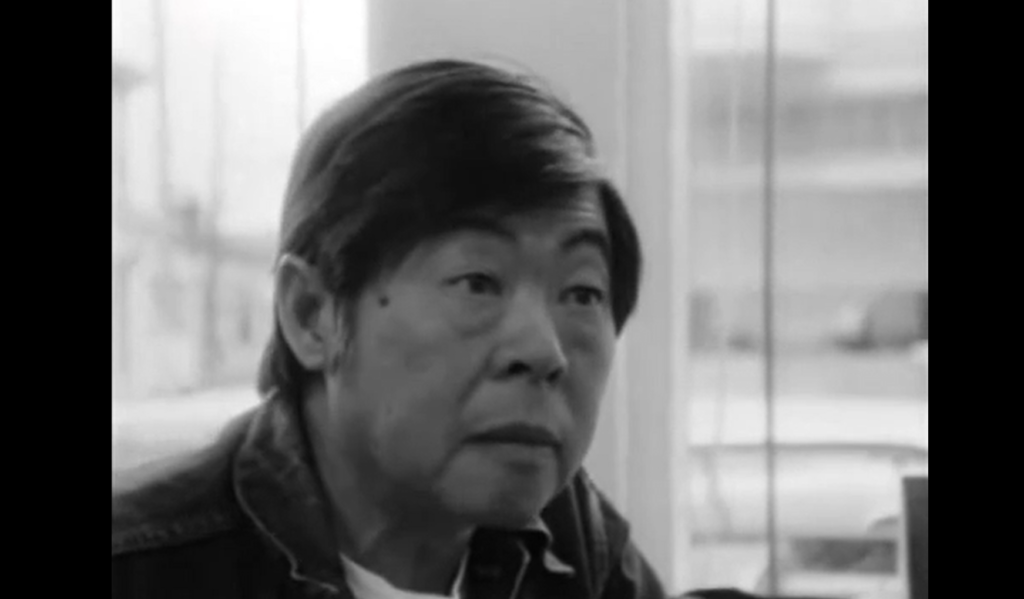
- Marc Hayashi as Steve
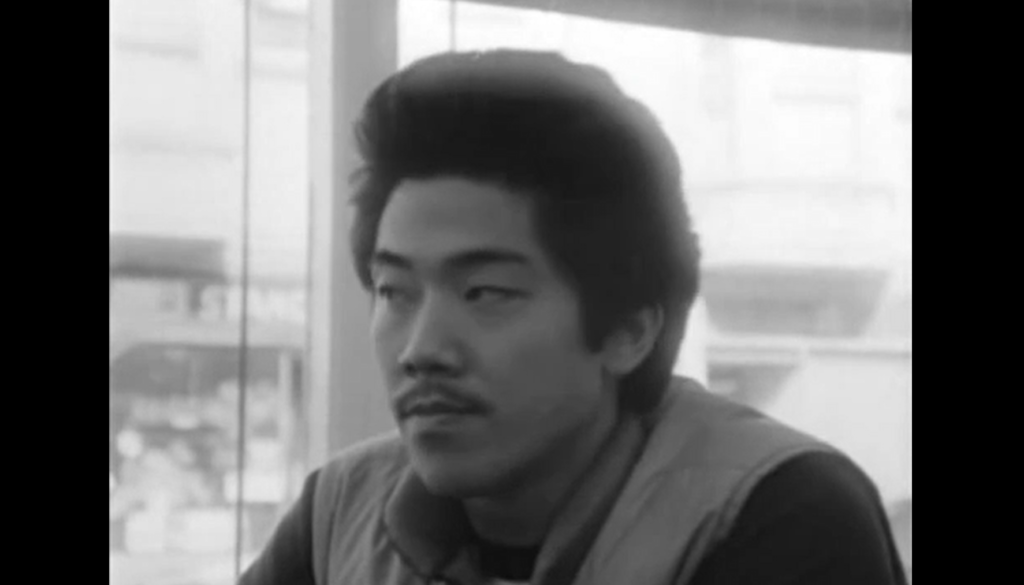
- Jo and Steve reacting with bewilderment while listening to a linguist explain the cross-cultural intricacies of Chan’s court case
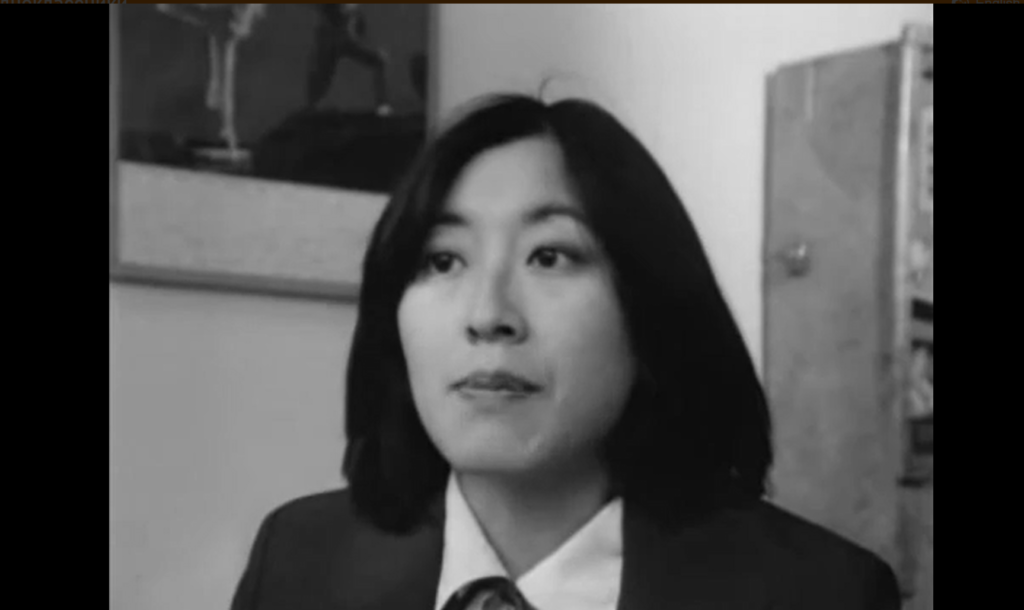
- A fascinating, documentary-like look at San Francisco’s Chinatown
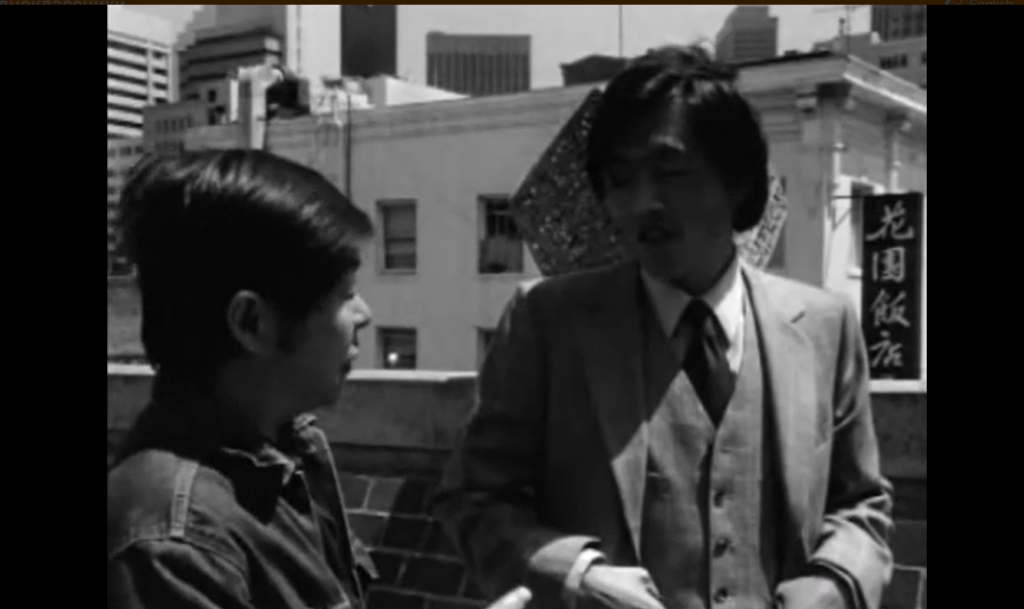
Must See?
Yes. This enjoyable, historically important movie — which was selected to be part of the National Film Registry at the Library of Congress — should be seen by all film fanatics.
Categories
Links:
|





One thought on “Chan is Missing (1982)”
In agreement here; a must. By film’s end, the average ff will certainly appreciate having seen it. As it plays, it may not seem like there’s all that much going on, but the film has a refreshing cumulative effect. (I esp. like how the closing sections echo opening ones.)
If/why Chan is missing is ultimately irrelevant – those expecting ‘that kind’ of mystery may be left confused.
I don’t find the film all that hard to follow – though there is some wrap-up footage that’s open to interpretation re: its inclusion.
For me, the film’s real plus is the layered friendship between the two main characters. These guys really listen to each other, are verbally playful together, can argue (Hayashi more forcefully) and then go on as if they’d never disagreed.
Ostensibly a film about the issue of identity in Chinese culture, it very much works as an examination of some of the ways all people negotiate understanding (or not).
A very unique little film.